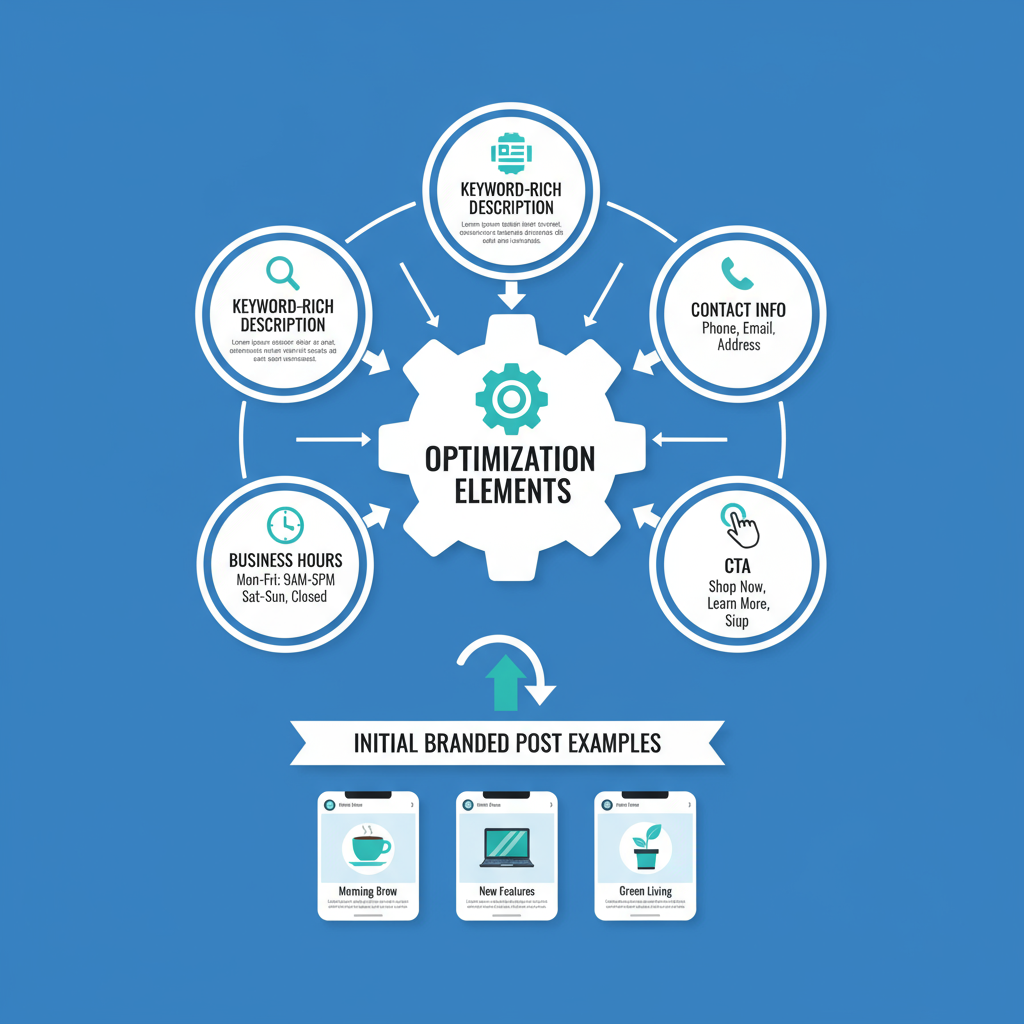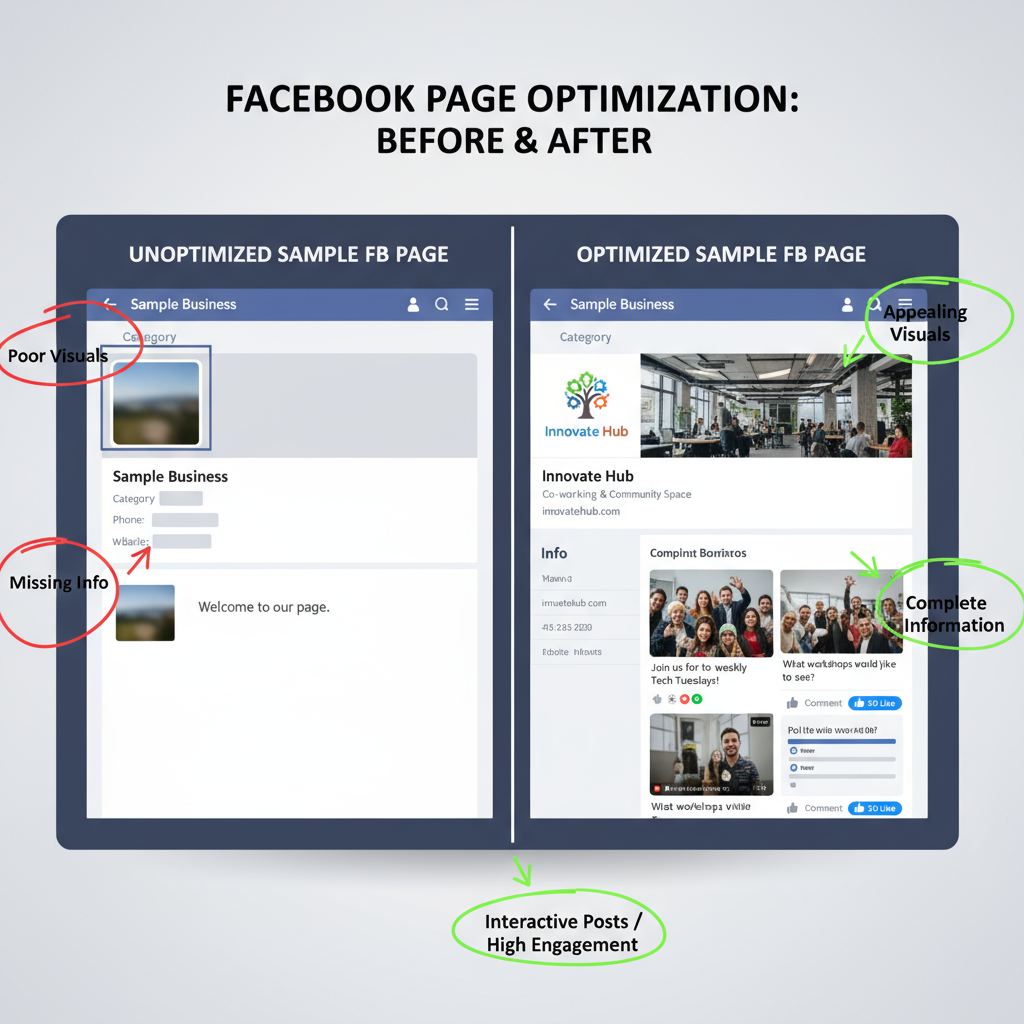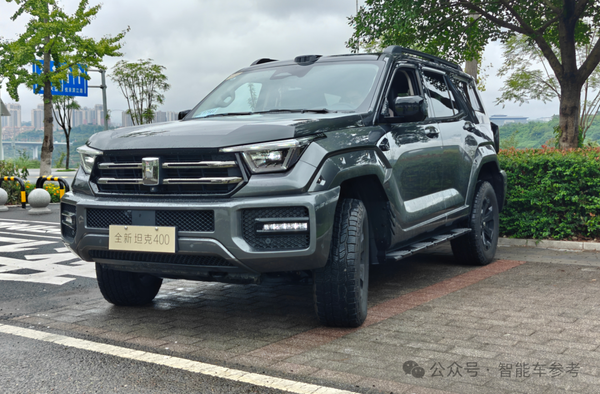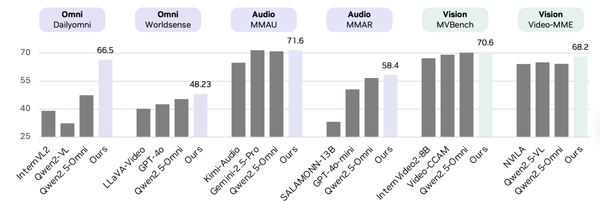Create and Optimize a Sample FB Page for Your Business
Learn how to create, optimize, and test a sample Facebook page to refine branding, content, and engagement before your official business launch.

Create and Optimize a Sample FB Page for Your Business
A sample FB page is a powerful way to test and refine your social media marketing strategy before taking your brand fully live. It allows you to experiment with visuals, messaging, engagement tactics, and analytics in a controlled environment. This guide explains how to create, optimize, and manage a sample Facebook page to gather actionable insights and prepare your official launch.

---
Understand the Purpose and Target Audience
Before setting up your sample FB page, clarify:
- Purpose – Are you testing branding elements, content formats, or customer engagement strategies?
- Audience – Will this page be seen by internal staff, a focus group, or a subset of your target demographic?
Defining audience characteristics such as age range, location, and interests will help you create relevant posts and measure their impact accurately. Clear objectives make performance analysis more meaningful later.
---
Choose a Clear, Searchable Page Name and Username
Your page name and username act as primary identifiers for your brand on Facebook. To ensure your sample FB page is still discoverable and professional:
- Keep the name short and memorable.
- Integrate target keywords naturally (e.g., “Sample FB Page for XYZ Cafe”).
- Avoid special formatting or excessive punctuation.
| Element | Guideline | Example |
|---|---|---|
| Page Name | Include brand + keyword | XYZ Cafe Sample FB Page |
| Username | Unique, lowercase, no spaces | @xyzcafesample |
---
Design a Professional Profile Picture and Cover Image
Visual branding plays a major role in recognition and trust:
- Profile Picture Size: 170x170 pixels (desktop)
- Cover Photo Size: 820x312 pixels (desktop)
- Keep mobile responsiveness in mind
- Use consistent colors, typography, and relevant imagery

---
Fill Out the “About” Section with Keyword-Rich Descriptions
Optimizing your "About" section increases both Facebook and search engine visibility. Include:
- Core business or service keywords
- Unique benefits or differentiators
- A short mission statement
- Location details if applicable
Example:
> “XYZ Cafe Sample FB Page shares behind-the-scenes updates, coffee brewing tips, and seasonal offers. Perfect for coffee lovers in Seattle, our page explores new recipes and community news.”
---
Add Contact Info, Website Link, and Business Hours
Treat your sample FB page like a real one by providing complete business information:
- A functioning phone number or email address
- Website or landing page link
- Accurate business hours or “Always open” for testing
This setup increases authenticity and lets you test inbound inquiries.
---
Customize the Call-to-Action (CTA) Button to Match Your Goals
Facebook’s CTA button can generate measurable actions from visitors. Common options include:
- Call Now – Tests direct customer contact and response time
- Shop Now – Gauges product interest via e-commerce traffic
- Learn More – Directs users to a resource or landing page
Choose the CTA based on your objectives, then evaluate click-through data with Insights.
---
Create Initial Posts to Showcase Brand Personality and Value
Before inviting followers, seed your timeline with strong sample content:
- Welcome post introducing your brand
- Product or service spotlight
- Behind-the-scenes photo or video
- Simulated customer testimonial
- Educational tips or industry insights
Publishing varied content formats lets you identify what engages best.
---
Use High-Quality Images, Videos, and Story Updates
Visuals command attention on Facebook. For your sample FB page:
- Shoot content in good lighting
- Use vertical formats for Stories and Reels
- Craft captions that encourage interaction
- Apply consistent editing styles to maintain brand identity

---
Schedule Regular Content with a Consistent Posting Calendar
Consistency boosts algorithmic visibility and tests optimal posting slots. Use Facebook’s scheduling tool to plan posts:
| Day | Content |
|---|---|
| Monday | Industry tip or news article |
| Wednesday | Photo or video feature |
| Friday | Engagement post (poll, quiz, Q&A) |
---
Invite Friends, Partners, and Customers to Like the Page
Launch small-scale engagement by inviting existing contacts. Encourage interactions to simulate organic activity. Initial likes and comments help Facebook view your page as active and relevant.
---
Join Relevant Facebook Groups and Share Strategically
Groups offer targeted communities for testing content resonance:
- Join those aligned to your niche
- Share valuable posts rather than overt advertisements
- Participate in discussions to build name recognition
---
Monitor Insights to Track Reach, Engagement, and Demographics
Insights reveal key performance metrics:
- Reach – total viewers of content
- Engagement – likes, comments, shares
- Demographics – audience age, location, gender
Use this data to assess if your sample page meets the goals you set.
---
Adjust Content Strategy Based on Data
Refine your approach with evidence:
- Expand formats that perform best (e.g., videos if views are high)
- Shift posting days if engagement varies by time
- Create more of the topics driving shares and saves
---
Keep the Page Active with Seasonal Updates and Promotions
Seasonal posts keep your sample FB page fresh and applicable for testing promotions:
- Holiday-themed greetings or offers
- Seasonal cover/profile photo changes
- Short-term discounts to gauge interest
---
Summary and Next Steps
Building and optimizing a sample FB page equips your brand with critical insights before an official launch. By carefully setting objectives, maintaining professional visuals, and analyzing data, you’ll create a strong foundation for long-term growth.
Ready to make your testing phase count? Start crafting your sample FB page today and apply these optimization tactics so your official Facebook debut makes an immediate impact.




